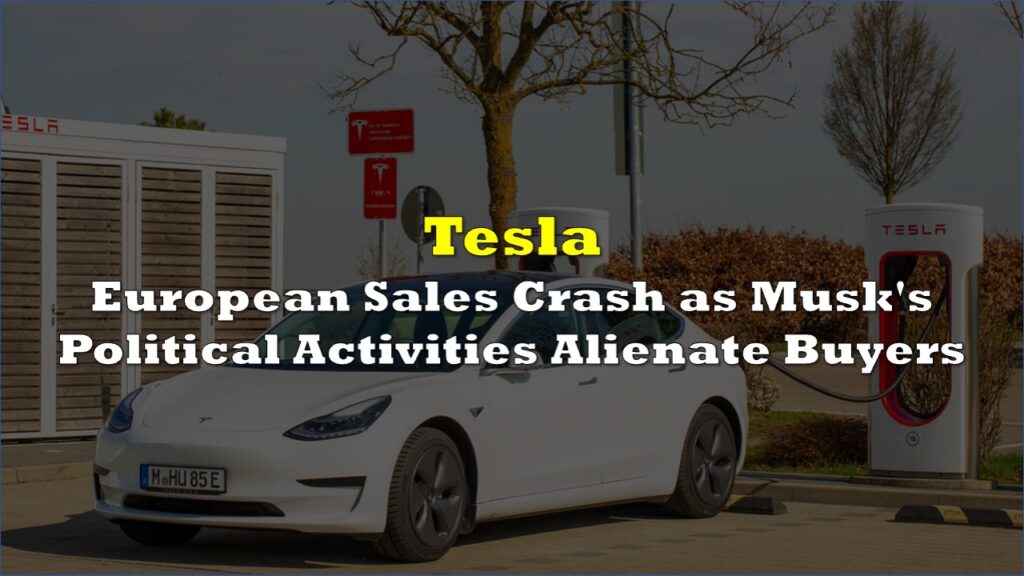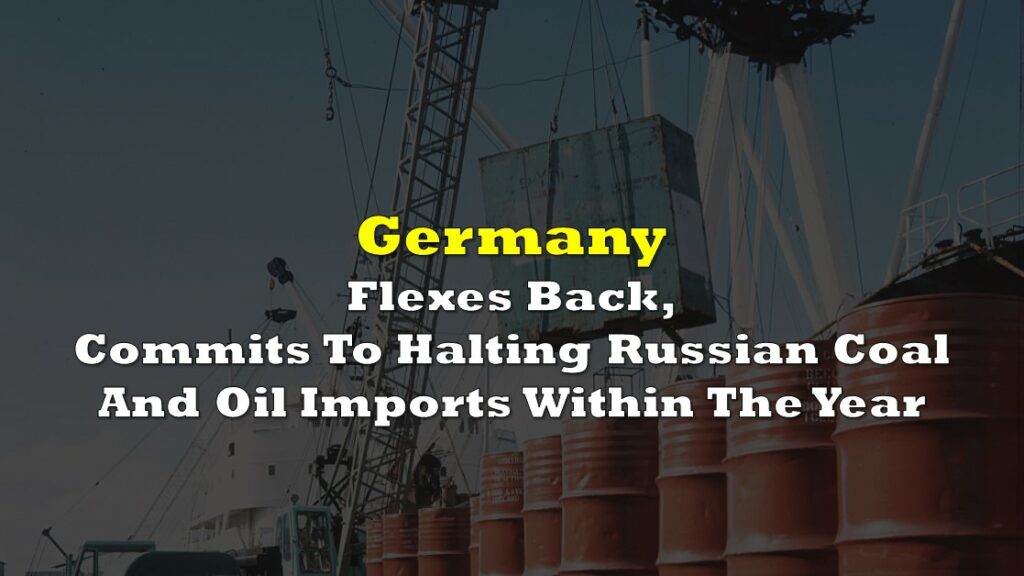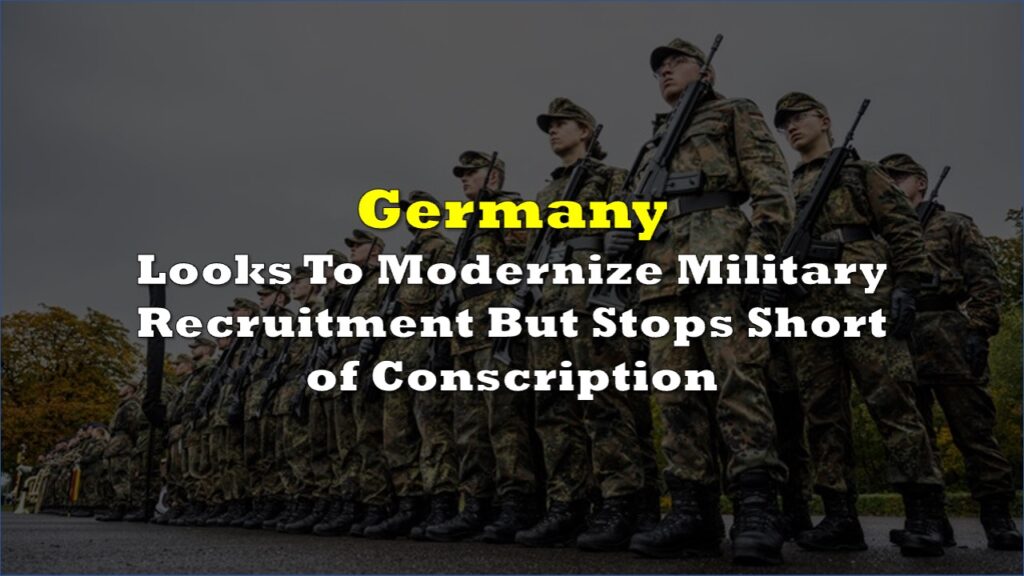Volkswagen has announced plans to shut down at least three of its factories in Germany and lay off tens of thousands of employees as part of a significant overhaul aimed at addressing escalating production costs and dwindling demand.
The decision to restructure comes at a time when the automotive industry in Europe is facing widespread challenges. According to recent data, car sales in the region have fallen sharply since pre-pandemic levels.
As shown in figures released in early September 2024, sales for Volkswagen Group vehicles have dropped from nearly 4 million units in 2018 to just above 2 million by mid-2024, with other automakers seeing similar declines. Overall, new passenger car sales across all brands in Europe are significantly below their pre-COVID levels, revealing a broader issue affecting the entire sector.

In this context, Volkswagen’s management has emphasized the need for urgent cost reductions. The company’s operating return on sales for its passenger car division has been inconsistent, hitting a low of below 1% in 2020 before rebounding to around 4-5% in recent years.
However, Volkswagen’s target is far more ambitious: by 2026, the company aims to achieve a 6.5% operating return, a goal that will require significant restructuring efforts.

The gravity of Volkswagen’s overhaul was made clear by Daniela Cavallo, head of the company’s works council, during a tense address to employees in Wolfsburg, home to Volkswagen’s largest plant.
“Management is absolutely serious about all this. This is not sabre-rattling in the collective bargaining round,” Cavallo stated, dismissing any notion that the announcements were mere negotiation tactics.
The planned closures, which could impact tens of thousands of the company’s roughly 300,000 workers in Germany, are being driven by a combination of factors, including high labor costs, rising energy expenses, and growing competition from Asian automakers.
Compounding these issues, Volkswagen and its European rivals have been slower than expected in shifting to electric vehicle (EV) production, leading to lower-than-anticipated sales of battery-powered cars. China, once a key growth market for Volkswagen, has also shown weakening demand, forcing the automaker to rethink its strategy.
Cavallo warned that these layoffs and plant closures could mark the beginning of a broader sell-off within Germany, a country that has long been the industrial backbone of Volkswagen’s operations.
“This is the plan of Germany’s largest industrial group to start the sell-off in its home country of Germany,” she said, heightening concerns about the future of the nation’s automotive industry.
⚠️🇩🇪Volkswagen plans major layoffs, to shut at least three German plants, works council head says
— Tracy Shuchart (𝒞𝒽𝒾 ) (@chigrl) October 28, 2024
(Reuters) – Volkswagen plans to shut at least three factories in Germany, lay off tens of thousands of staff and permanently shrink its remaining plants in Europe's biggest economy…
Struggling to Transition
The global auto industry is undergoing a seismic shift toward electric vehicles (EVs), and Volkswagen has been caught in the crosswinds. The company’s EV sales have been underwhelming, with demand for battery-powered cars softening both in Europe and China.
According to Thomas Schaefer, head of Volkswagen’s passenger car division, many of the company’s German factories are not cost-efficient enough to support this transition.
“Some sites are 25-50% above targeted costs, meaning some sites are twice as expensive compared to the competition,” Schaefer admitted, underscoring the need for drastic measures to stay afloat.
Volkswagen is not alone in its struggles. Mercedes-Benz, another German automotive giant, recently announced similar cost-cutting measures after seeing its earnings decline. Even Porsche, majority-owned by Volkswagen, has reported plans to reduce its dealership network in China to reflect shrinking demand. German automakers also face potential fallout from a brewing trade war between the European Union and China, with hefty EU tariffs on Chinese EVs expected to take effect in the coming days.
The looming closures and layoffs have sparked wider concerns about Germany’s economy. Already facing its second consecutive year of contraction, the country’s economic future looks bleak as its traditionally strong automotive sector falters. Many are calling on the German government to step in and help mitigate the damage. Cavallo was particularly vocal on this point, urging Berlin to develop a master plan for German industry before it “goes down the drain.”
Chancellor Olaf Scholz’s government is already under significant pressure to spur economic growth, with federal elections looming in 2025. A spokesperson for the government acknowledged Volkswagen’s challenges, adding that “possible wrong management decisions from the past must not be to the detriment of employees. The aim now is to maintain and secure jobs.”
However, it remains unclear whether the government can intervene in a meaningful way to prevent these closures. The automaker is expected to present concrete proposals on Wednesday when workers and management will meet again for a second round of wage talks.
In a statement, Volkswagen Group board member Gunnar Kilian emphasized the gravity of the situation, claiming that “without comprehensive measures to regain competitiveness, [the company] will not be able to afford essential investments in the future.”
Volkswagen’s stock has not fared well under these pressures, with shares plummeting over 44% in the past five years. By comparison, French automaker Renault’s stock has dropped 12%, while Stellantis, the parent company of brands like Fiat and Peugeot, has actually gained 22% during the same period.
As the country’s largest automaker faces mounting challenges, it calls into question the future of its entire automotive sector—a sector that has long been synonymous with German economic strength.
Information for this story was found via Reuters and the sources and companies mentioned. The author has no securities or affiliations related to the organizations discussed. Not a recommendation to buy or sell. Always do additional research and consult a professional before purchasing a security. The author holds no licenses.









